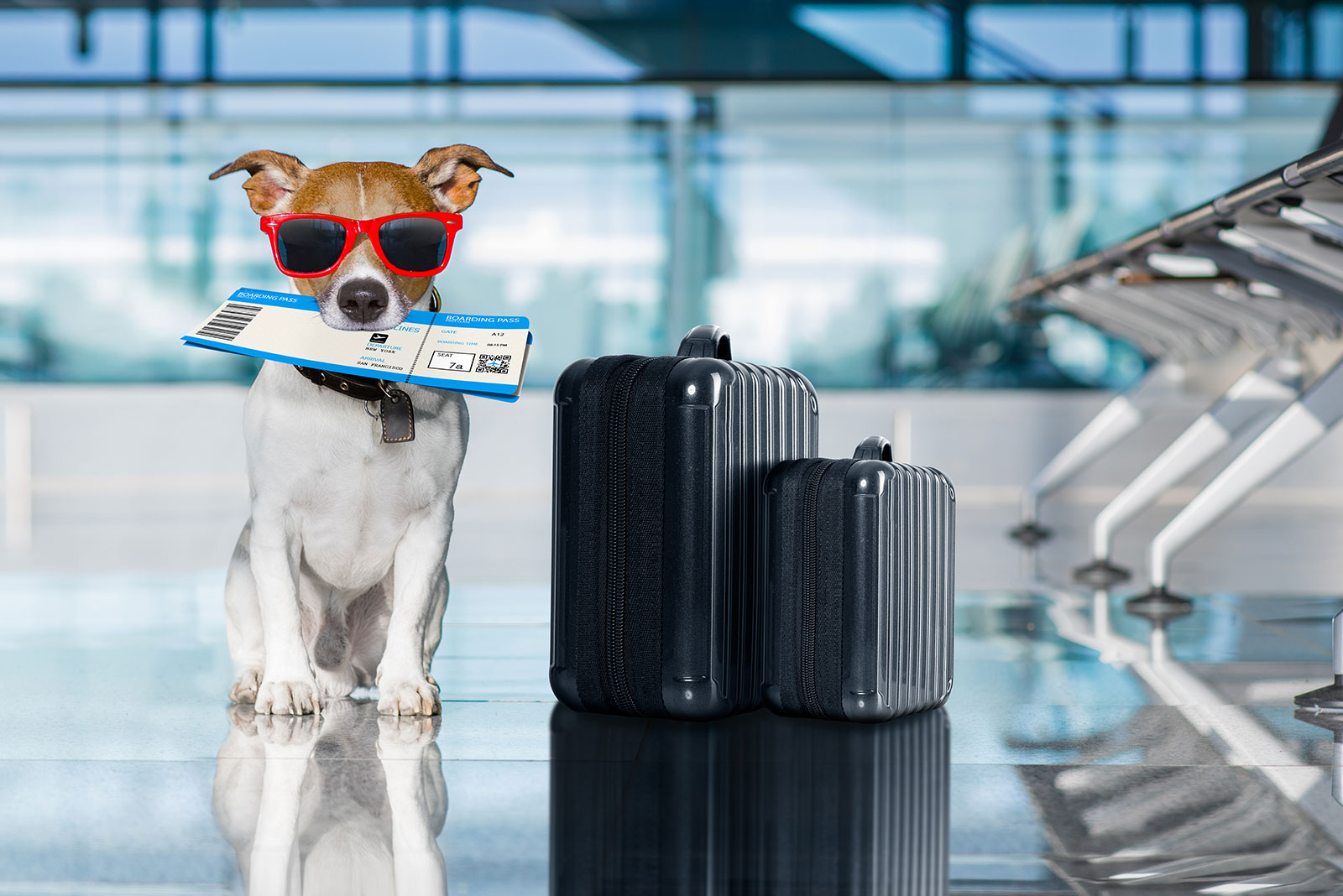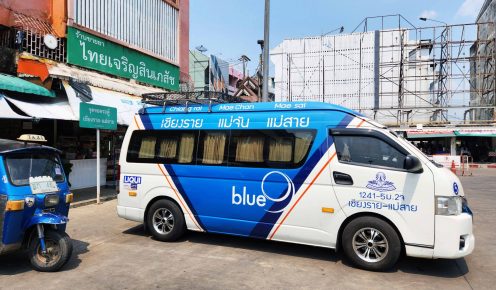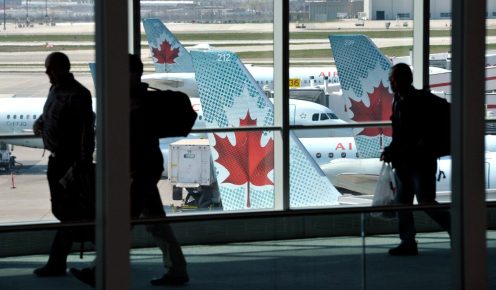Traveling to Thailand with your pet can be a wonderful experience, filled with new sights, sounds, and experiences for both you and your furry companion. However, it requires careful planning and consideration of various regulations and logistics.
This guide will help you navigate the process of traveling to Thailand with your pet, ensuring a safe and enjoyable trip for all.
1. Understanding Thailand’s Pet Import Regulations
Before planning your trip, familiarize yourself with Thailand’s pet import regulations. These rules are in place to ensure the health and safety of both your pet and the local ecosystem.
Required Documentation:
- Health Certificate: Obtain a health certificate from your veterinarian, confirming your pet is free from infectious diseases and fit to travel.
- Vaccination Records: Ensure your pet’s vaccinations are up to date. Rabies vaccination is a must, and the shot should be administered at least 21 days before travel.
- Microchip: Your pet must be microchipped with an ISO 11784/11785 compliant 15-digit pet microchip.
Quarantine:
- Be prepared for possible quarantine requirements. Thailand may require a quarantine period for pets, depending on your country of origin and your pet’s health status.
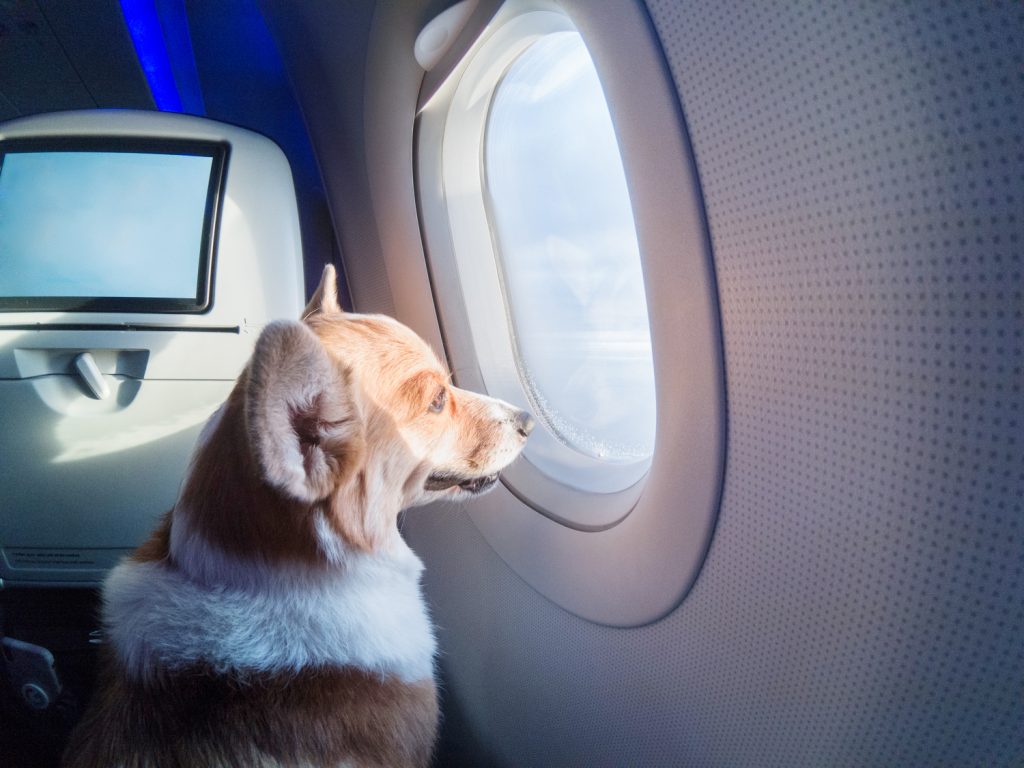
2. Choosing Pet-Friendly Airlines
When booking your flight, choose an airline with a good reputation for handling pets. Consider the following:
- Pet Policy: Review the airline’s pet policy, including size and weight limits, and whether pets can travel in the cabin or must be in cargo.
- Temperature-Controlled Cargo: Ensure that the airline provides a temperature-controlled environment if your pet is traveling in cargo.
3. Preparing Your Pet for the Trip
The key to a successful trip is ensuring your pet is comfortable and safe during the journey.
Crate Training:
- Invest in a Good-Quality Crate: Your pet’s crate should be IATA-compliant, well-ventilated, and big enough for your pet to stand, turn around, and lie down comfortably.
- Familiarize Your Pet with the Crate: Help your pet get used to the crate well before your trip to reduce travel-related stress.
Health Checks:
- Schedule a visit to the vet for a check-up and discuss any concerns about traveling to Thailand, such as climate changes or potential health risks.
CBD for Travel-Related Anxiety in Pets
Alleviating Anxiety:
- Calming Effect: Cat CBD treats is believed to have a calming effect on pets. This can be particularly beneficial for pets who get nervous or anxious during car rides, flights, or in unfamiliar environments.
- Reduces Stress: By interacting with the ECS, CBD can help in managing the physiological symptoms of stress, such as increased heart rate and restlessness.
Improving Comfort:
- Eases Motion Sickness: Some pets experience motion sickness while traveling. CBD may help in reducing nausea and improve their comfort levels during the journey.
- Better Rest: CBD can also aid in helping your pet rest more comfortably during long trips.

Choosing the Right CBD Product for Your Pet
Quality and Safety:
- Reputable Brands: Choose CBD products specifically designed for pets and from reputable brands. Look for products that have been third-party tested for purity and potency.
- THC-Free: Ensure the CBD product is free from THC, as THC can be harmful to pets.
Administration and Dosage:
- Correct Dosage: Consult with your veterinarian to determine the correct dosage for your pet based on their size, weight, and overall health.
- Forms of CBD: CBD for pets comes in various forms, including oils, treats, and capsules. Choose the one that your pet is most comfortable with.
Considerations and Cautions
Veterinary Consultation:
- Consult Your Vet: Always discuss with your veterinarian before introducing CBD or any new supplement to your pet’s routine, especially if they are on other medications.
Monitoring:
- Observe Your Pet: Monitor your pet’s reaction to CBD. Look for any changes in behavior or adverse reactions and adjust the dosage accordingly or consult your vet if needed.
Travel Regulations:
- Understand Travel Regulations: If you’re traveling internationally, be aware of the laws regarding CBD in your destination country.
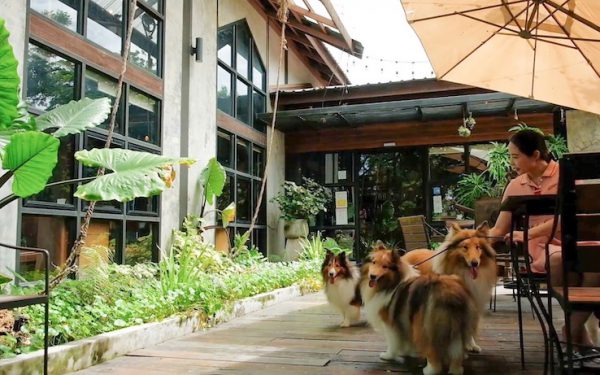
4. Accommodation and Activities in Thailand
Once in Thailand, you’ll want to ensure that both you and your pet have a pleasant stay.
Finding Pet-Friendly Accommodation:
- Research and book pet-friendly hotels or accommodations in advance.
- Consider amenities like pet services, nearby parks, or veterinary clinics.
Exploring with Your Pet:
- Thailand offers various pet-friendly activities, from beaches to parks. Always keep your pet leashed and under control in public spaces.
- Be mindful of the climate. Thailand can be hot and humid, so keep your pet hydrated and avoid excessive exposure to heat.
5. Local Customs and Considerations
Understanding and respecting local customs and regulations regarding pets is crucial.
Cultural Sensitivity:
- Not all places in Thailand are pet-friendly, and some locals might not be comfortable around animals. Always ask before entering shops or public areas with your pet.
Health Precautions:
- Be cautious of local wildlife and stray animals that might carry diseases.
- Keep your pet’s flea and tick treatments up to date.
6. Preparing for the Return Journey
Plan your return journey with the same care as your arrival. Check if there are any additional requirements or quarantine regulations for returning to your home country.
Conclusion
Traveling to Thailand with your pet requires thorough preparation, but it can be a highly rewarding experience. By understanding and adhering to regulations, preparing your pet for travel, and being mindful of local customs and climate, you and your pet can enjoy all the beauty and excitement Thailand has to offer. Remember to always prioritize the safety and comfort of your pet throughout your travels.

